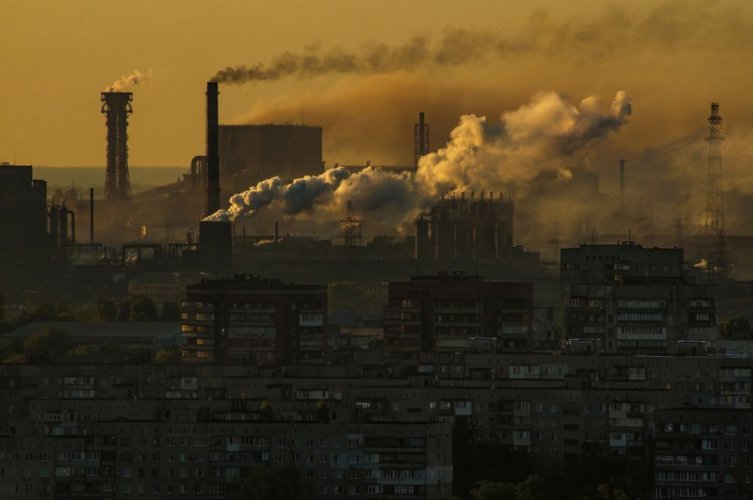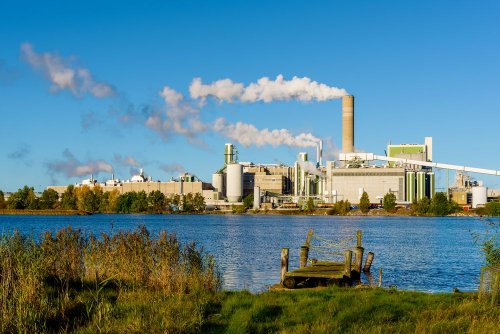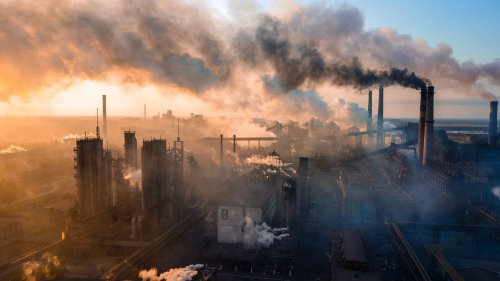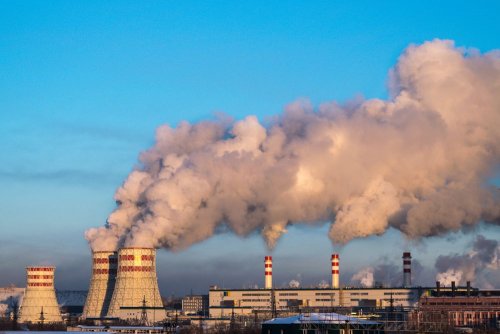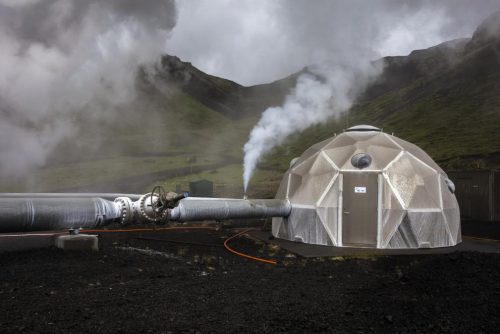In Slovenia, 20 energy-intensive companies plan to invest €450 million in decarbonization projects by 2030.
The companies support the energy transition and are preparing for it, but need government assistance, Balkan Green Energy News reports.
Vesna Nahtigal, General Manager of the Slovenian Chamber of Commerce, said that the country has great potential in electricity production, which can be used to meet the needs of energy-intensive industries.
The article says that Slovenia also has significant potential to reduce electricity consumption. To do this, the country needs to avoid importing carbon-intensive materials. After all, Slovenia's industry is one of the most environmentally friendly in Europe.
Representatives of the Slovenian industry believe that there is great potential to reduce electricity consumption through the development of a circular economy, new technologies and carbon capture.
"The main obstacles are public opinion, which does not yet recognize waste as a raw material, an unclear legislative framework and lengthy procedures for the introduction of new technologies," the material said.
It is noted that the Strategic Council on Energy Transition adopted three conclusions:
- The industry has plans, visions and projects for the transition to zero carbon emissions. By 2030, 20 energy-intensive companies will invest more than €450 million in decarbonization;
- Companies want dialogue with decision-makers, as well as government support for action, so the commission encourages all stakeholders to participate in raising public awareness of the urgent investment in energy infrastructure and domestic energy sources to achieve energy independence;
- The main bottlenecks to decarbonisation are financing, environmental protection, permitting, legislation and lack of manpower and knowledge.
Earlier, EcoPolitic wrote, that the European Union and 35 countries have officially opened the Climate Club – an inclusive platform to support effective decarbonization of industry.
As EcoPolitic previously reported, the European metallurgical industry, in particular ferrous and non-ferrous, initiated the process of creating its own "green transition path" (Transition Pathway) in cooperation with the European Commission.

